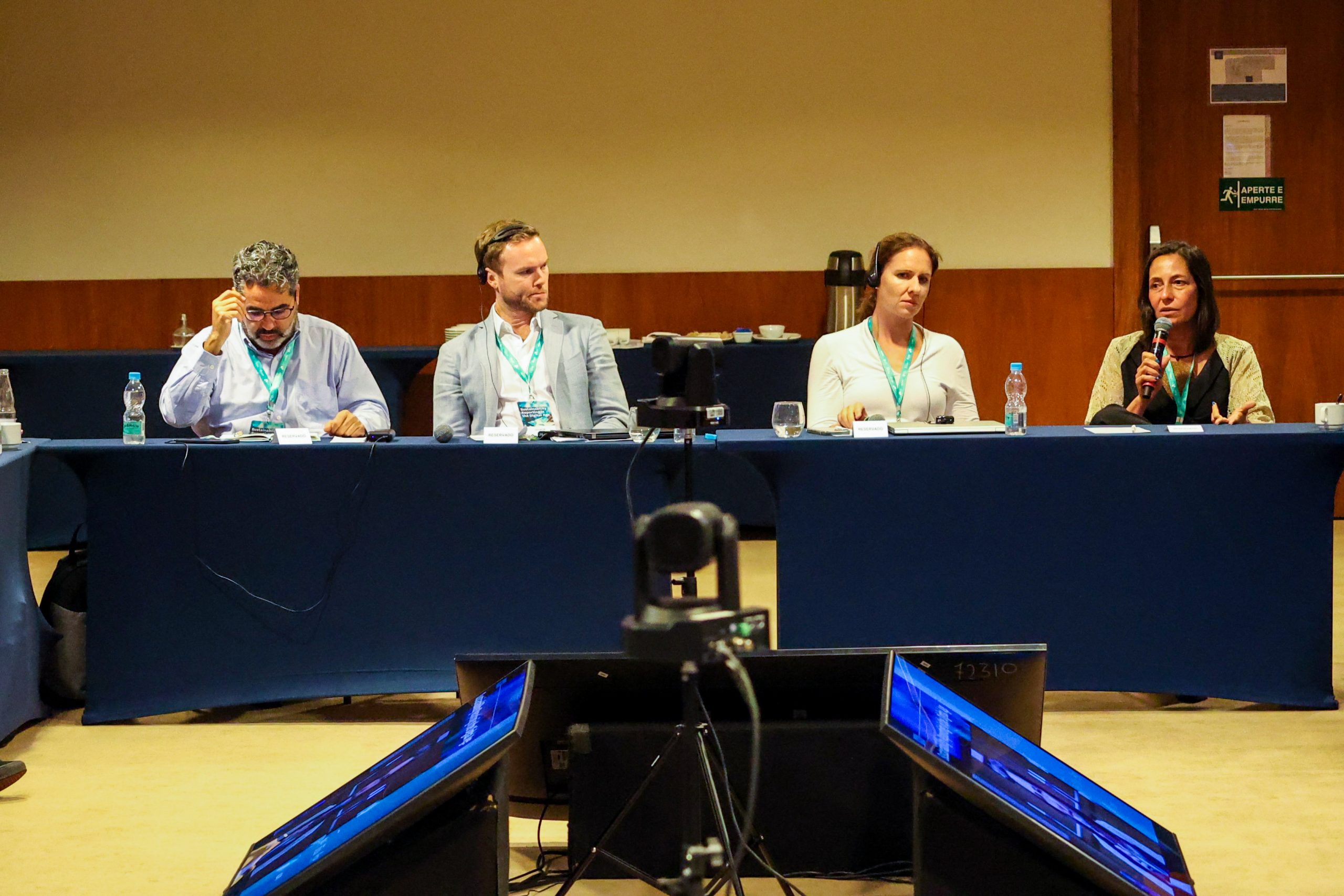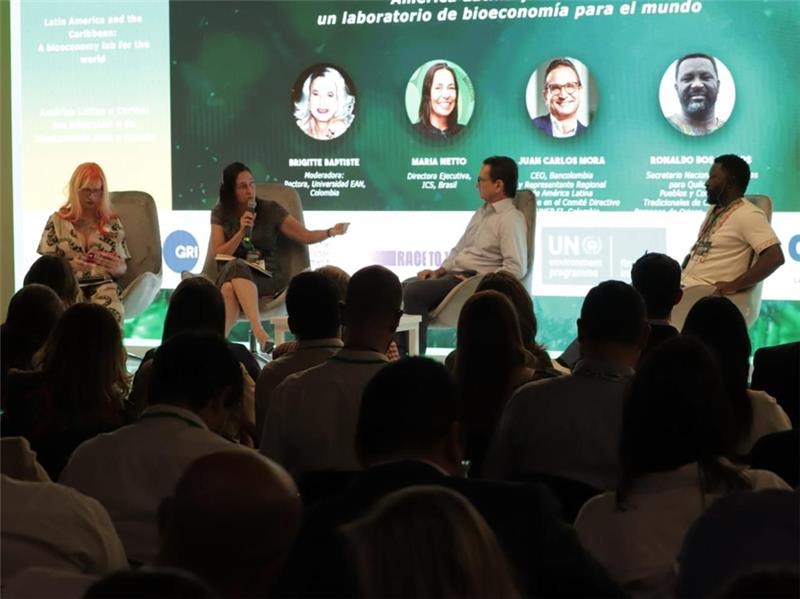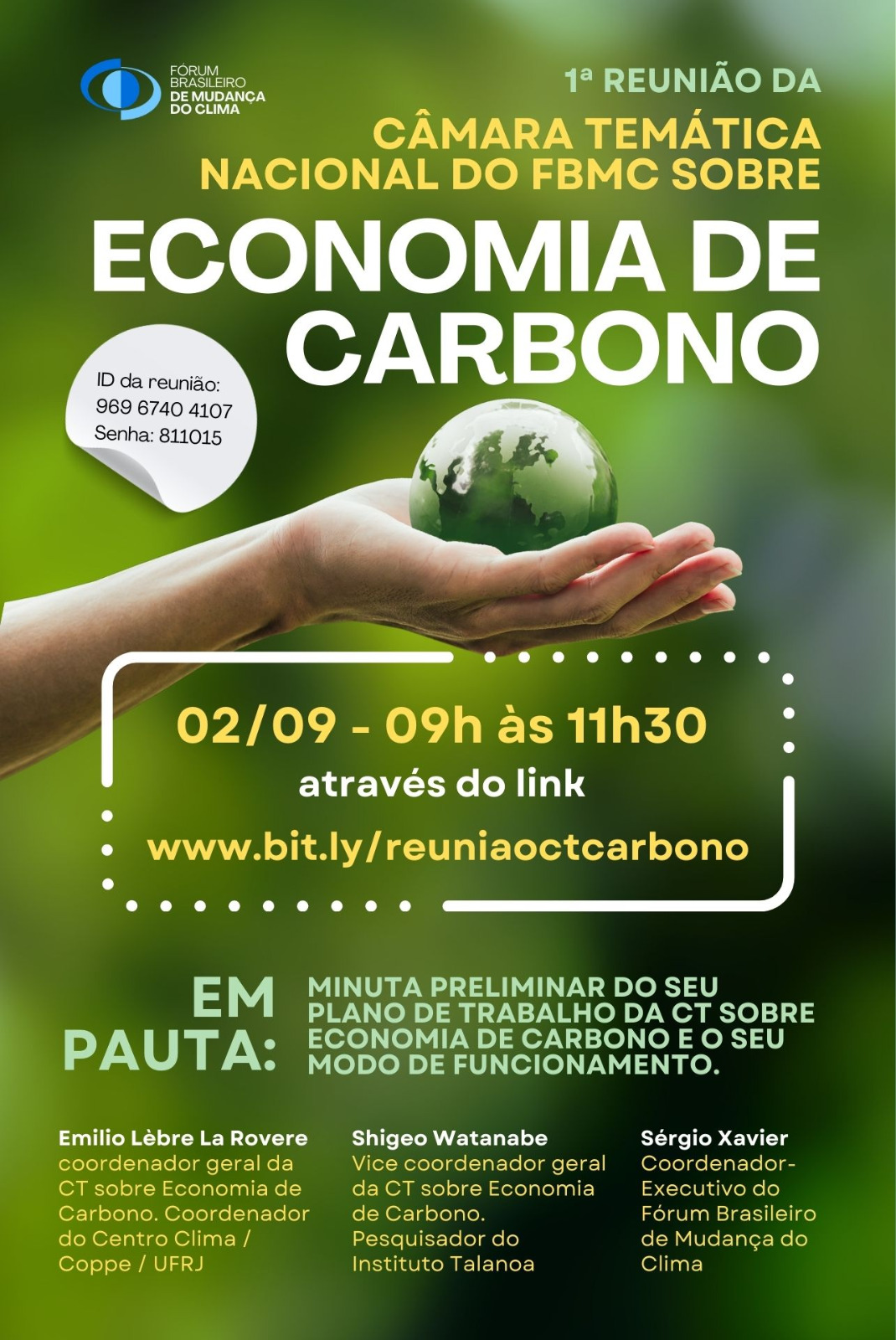G20 – Proportionality as a key theme for more sustainable small and medium-sized enterprises

G20 – Proportionality as a key theme for more sustainable small and medium-sized enterprises
An event co-organized by iCS discussed ways to overcome barriers with new rules for a global socioenvironmental agenda
Organized by iCS, in partnership with the Itaúsa Institute and CDP, the event “Transforming Sustainability Reporting: Challenges and Opportunities for SMEs” brought together representatives from the G20 Sustainable Finance Working Group (G20 SFWG), and national and international experts to discuss the barriers in sustainability reporting for small and medium-sized companies and to suggest solutions for compliance with the socioenvironmental agenda.
Among those present were Maria Netto, the executive director of iCS; Marcelo Furtado, head of sustainability at the Itaúsa Institute; Claire Eldson, the global director of CDP; Cyntia Freitas Azevedo, the deputy head of the Department of International Affairs at the Central Bank; Alexandre Pinheiro, the general superintendent of the Securities and Exchange Commission; Viviane Muller Prado and Gabriela Junqueira, from FGV Direito SP; and Fabro Steibel, the executive director of the Institute for Technology and Society (ITS).
Maria Netto reinforced the importance of the legacy of this discussion for Brazil and emphasized the need to increase the participation of small and medium-sized enterprises (SMEs) in sustainable economies. She also mentioned that, later this year, iCS will launch some initiatives, including training programs and efforts to promote the role of the SMEs. During the event, the publication Sustainability Reporting in the Digital Age: Overcoming Challenges for SMEs and EMDEs was presented, which is a document produced by ITS and FGV Direito SP, with support from iCS, and was submitted to the G20 SFWG.
The first panel addressed the challenges of the inclusion of SMEs in the discussion of carbon inventory and environmental, social and governance (ESG) reporting, because these companies face important barriers. These include a lower amount of financial and personnel resources, a high cost for the production and delivery of information, the complexity of the language of the reports and the difficulty of accessing and benefiting from the sustainable finance.
In an attempt to resolve the challenges fairly, proportionality was a key topic in the discussion. Recommendations were made, such as a more simplified and user-friendly reporting, capacity building and regulation based on the proportion of the company.
The second panel discussed the importance of technology and digitalization for a resilient economy, with the objective of strengthening the SMEs by optimizing their data collection and training their workforce. Topics such as taxonomy and tokenization were addressed, as well as the relationship between the sustainability and economy of the companies.
“As demands for sustainability grow, directly impacting the supply chains, we have to deal, above all, with a question of competitiveness. If large companies, which operate in Brazil, start to apply different metrics in their reporting, we need to be prepared to monitor this scenario. In order to achieve this, digitalization becomes fundamental in order to guarantee that everyone can meet these demands efficiently and competitively,” said Maria Netto.
Read the document presented at the meeting: Sustainability Reporting in the Digital Age: Overcoming Challenges for SMEs and EMDEs




Representatives from the G20 SFWG and national and international experts met in Rio de Janeiro to discuss the challenges and opportunities for SMEs. Credit: Lucas Teixeira/RT Fotografia


